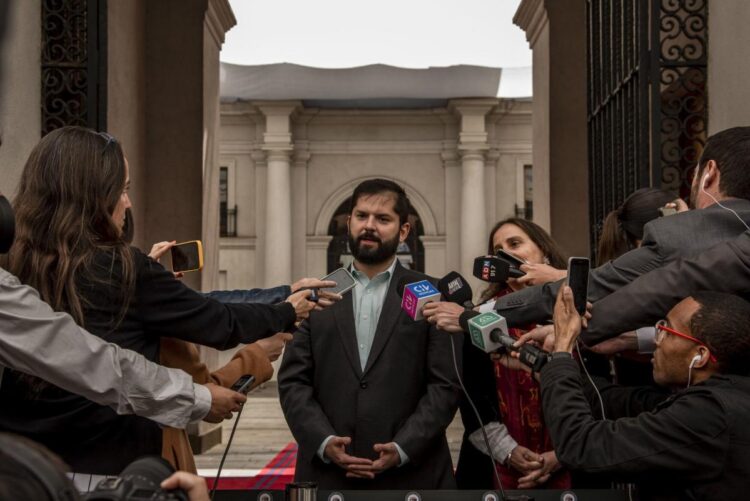The president of Chile, Gabriel Boric, has presented the national budget for 2025, proposing a 2.7% increase in public spending. With crime one of the main concerns of Chileans, the new budget prioritizes national security, along with investments in social sectors such as health, pensions and housing.
A significant part of the budget goes to strengthening security measures. The government plans to deploy 1,300 additional police officers, improve border security and tackle organized crime, especially within the prison system. This measure is supported by new legislation passed against tax evasion, which is expected to bring around $1.2 billion in additional revenue.
Boric also aims to reduce the budget deficit, projecting a reduction to 1.1% of GDP, from 1.9% this year, marking a step towards stabilizing public debt. The Minister of Finance, Mario Marcel, emphasized that this fiscal strategy is aligned with the government’s objective of achieving sustainable economic growth, with a goal of increasing GDP of 2.6% by 2025.
Beyond security, the budget proposal includes investments in health, housing and culture. The government is committed to reducing wait times at health centers, building 260,000 new housing units and increasing resources for immunization programs by 42%.
As the proposal heads to Congress for approval, Boric’s government faces scrutiny, with a focus on whether projected revenue from the tax reforms will meet expectations. With elections approaching, the government’s response to crime and economic challenges will likely play a decisive role in public opinion.
















